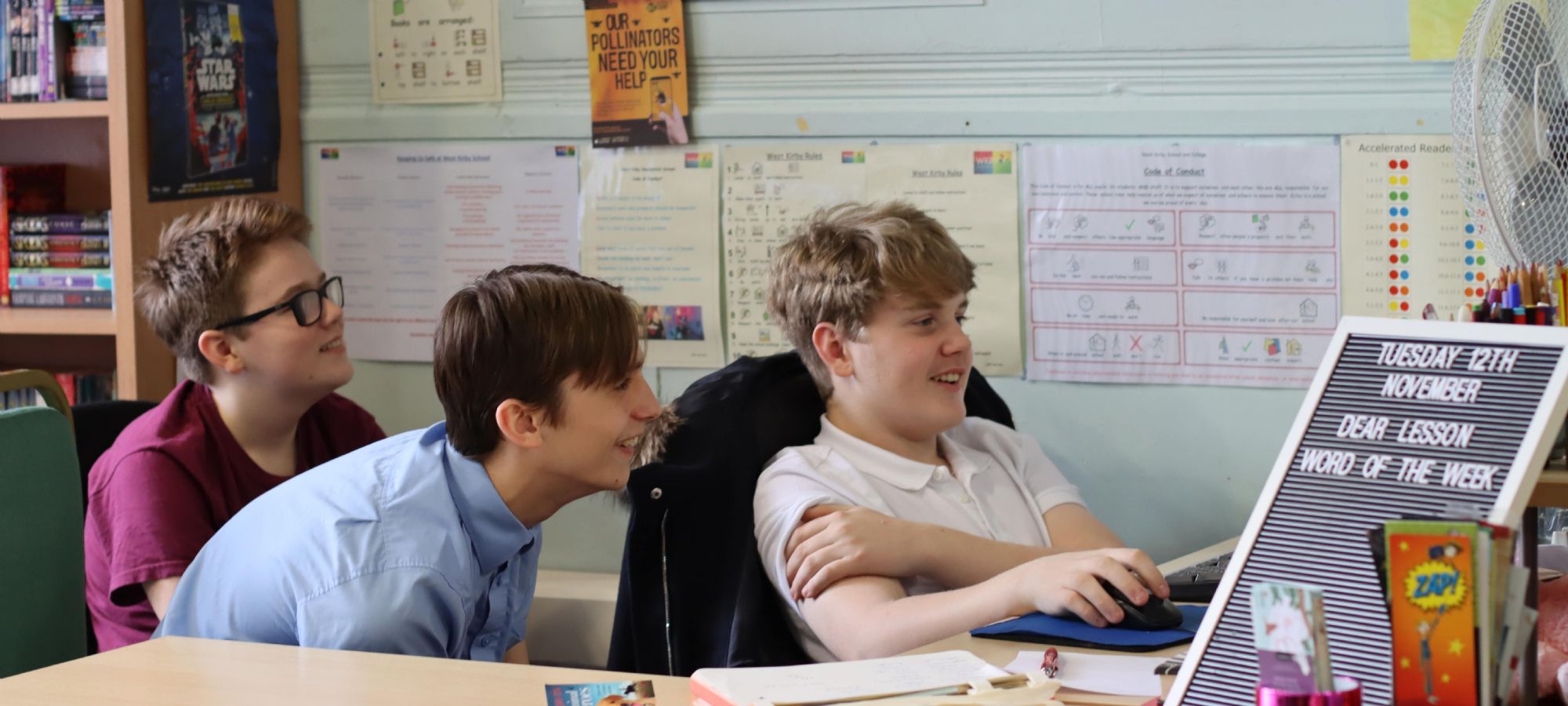English
Meet our English team
Mrs Eccles: English Lead (Primary), Miss Spence: English Lead (Secondary)
English Teachers: Mrs Brown, Mrs Fitzgerald, Miss Thompson, Mrs Wynne
Learning Support team: Mrs Abernethy, Mrs Clemenson & Mrs Russell
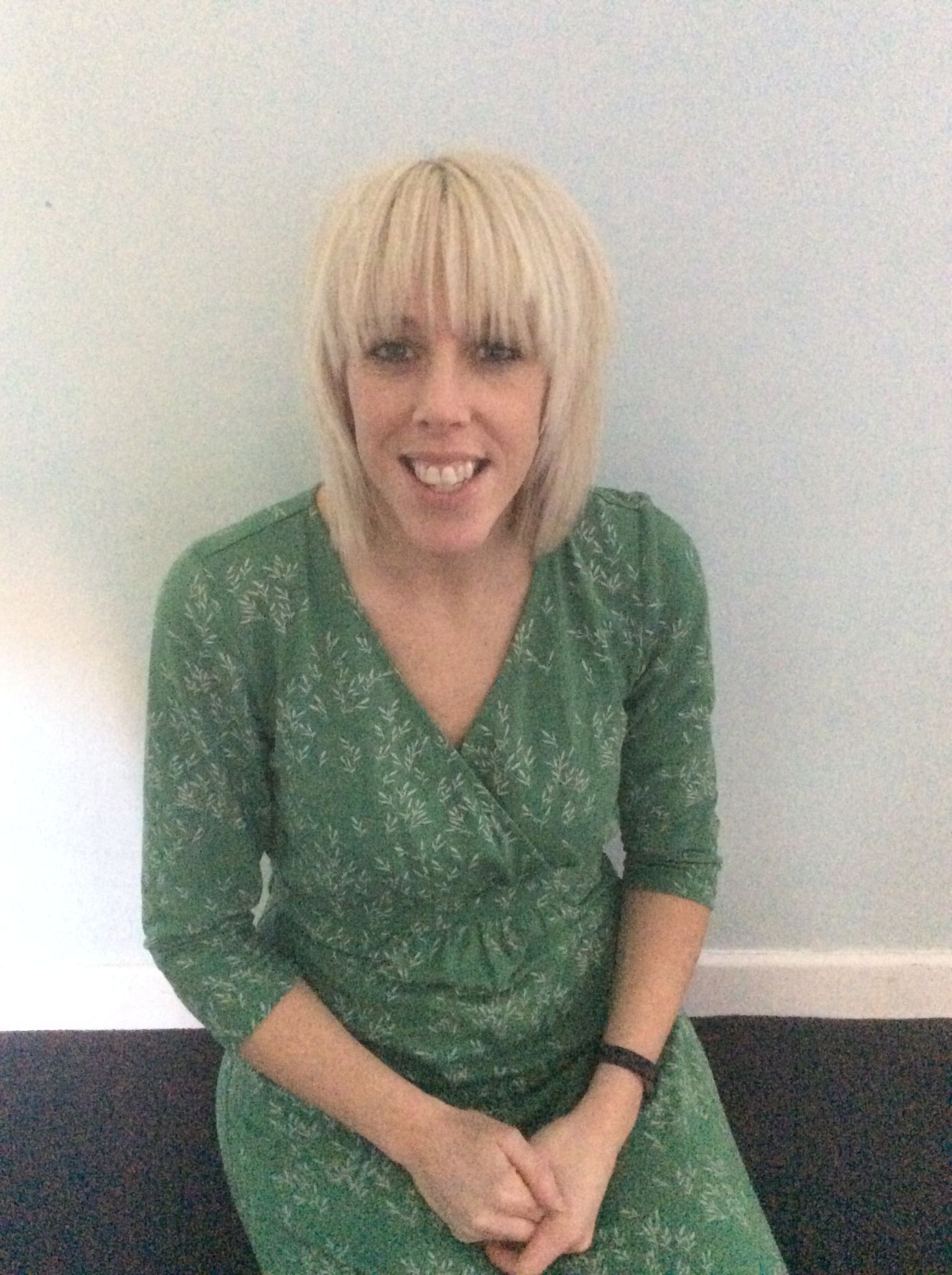
English Lead (Primary)
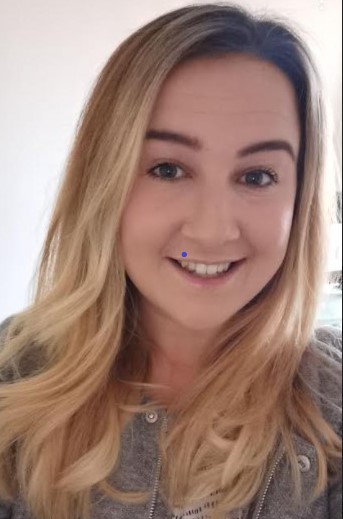
English Lead (Secondary)
Overview
Our English curriculum aims to develop pupils’ spoken language, reading, writing and vocabulary as integral aspects of the teaching of every subject. It is widely recognised that: ‘Fluency in the English language is an essential foundation for success in all subjects’. Consequently, our curriculum aims to 'inspire and engage our pupils.'
The intent of the English curriculum at West Kirby School is the content we want our pupils to learn and the sequence in which they will encounter it. We continually develop the curriculum to ensure it is coherent and progressive, engaging and relevant.
The implementation of the English curriculum is essentially how the curriculum intent is taught to children. At West Kirby School and College, governors/senior leadership team question and discuss the development of the English Curriculum with English leaders, to ensure that pupils are taught through an accurate, effective and consistent approach. English leaders ensure that all teaching staff have the necessary training, resources and time to provide the planned curriculum. Additionally, teachers accurately demonstrate how to utilise the knowledge and skills taught in English through other areas of the curriculum.
National requirements are mapped out by our English leaders and assessment leaders. Individual teachers follow either the Primary or Secondary units of work for their pupils accordingly. School staff ensure that the full content of the English curriculum is accessible for all learners including those with disabilities or special educational needs.
The English curriculum is planned thoroughly, starting with the children's current knowledge and skills, so that real progress can be made and measured. Throughout the year numerous visits, visitors and experiences planned to enrich learning.
We firmly believe that the impact of learning occurs when knowledge can be retrieved from the long term memory and skills have been mastered. The impact of our English curriculum can be clearly seen by looking at pupils’ English books, displays, talking to our students and parents, viewing our results of statutory assessments and intervention progress.
Key Stage 1 and 2
In Primary, English is delivered through various programmes:
-
Read, Write, Inc. - Read, Write Inc Phonics, Read, Write, Inc. Fresh Start, Read, Write Inc Spelling
-
Read to Write 'Literacy Counts'
For more information visit our Primary English page
We also ensure English is consistently delivered across the their Learning Means The World curriculum and standards are maintained in their work.
Key Stage 3
The intent in Key stage 3 is for students to study a wide range of texts including prose, drama and poetry. Students will also study a wider range of non-fiction texts to ensure that they have a secure understanding of how reading and writing has developed over time.
Students may be asked to write an analytical paragraph, complete comprehension exercises, produce some creative writing or give a verbal presentation. Students are expected to reflect upon their own work on a regular basis so that they have a secure understanding of their own abilities and needs.
English curriculum overview and 3 year KS3 plan
Key Stage 4
In Key stage 4 pupils follow the AQA GCSE English Langauage syllabus, AQA 'Step Up To English' Silver or Gold.
Teachers will deploy a variety of teaching styles and methods to meet the needs of the students in their own classes.
For English Language, students need to be confident readers of literature and non-fiction texts and be able to access literary heritage texts. They need to be able to write accurately for a variety of purposes. For English Literature, students need to be able to analyse a range of texts.
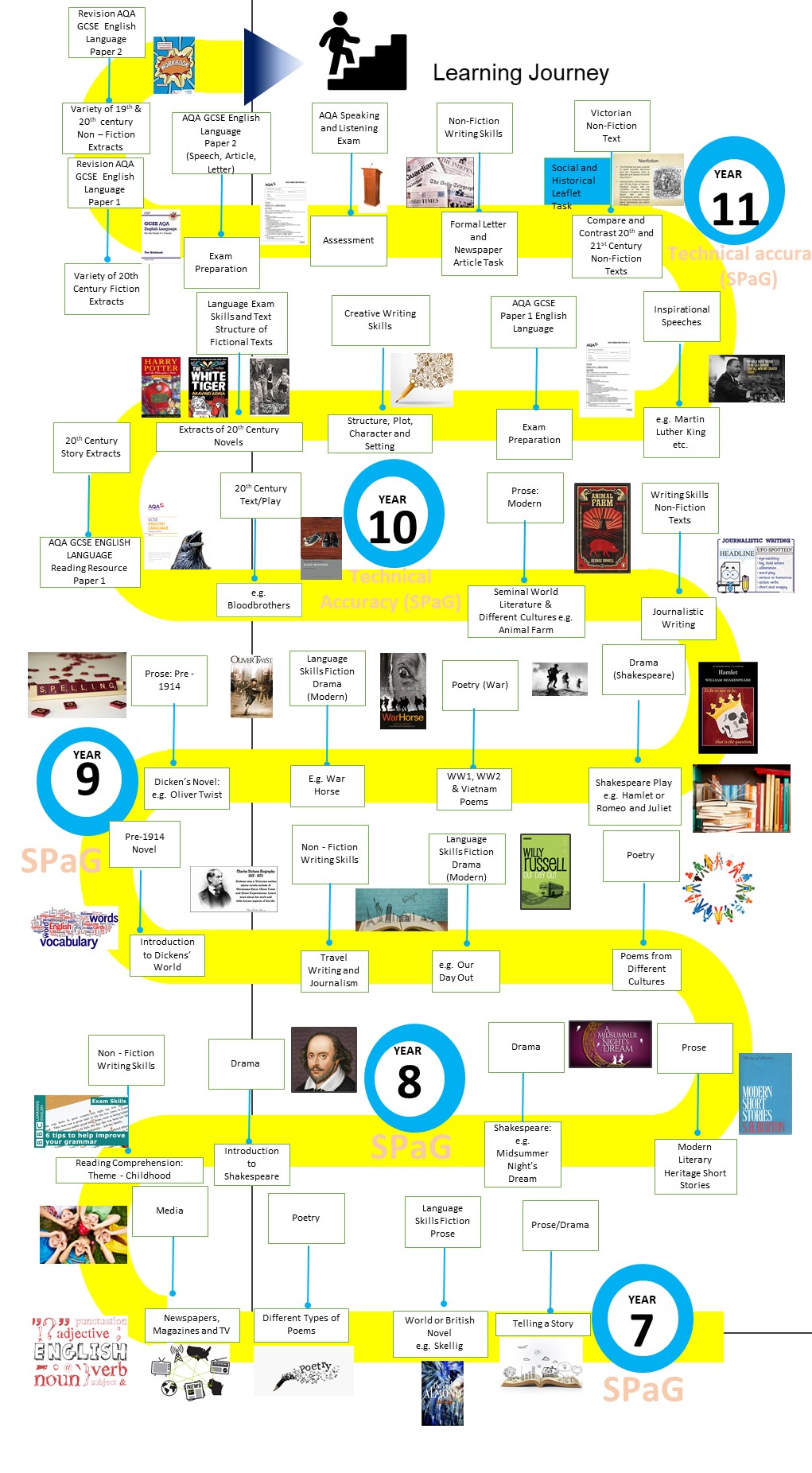
Libraries and Reading areas
We are very proud of our school libraries which are carefully and comprehensively resourced and designed to create a welcoming, calm atmosphere to promote a love of reading.
Our main school library has a wide range of fiction and non-fiction and is mainly for our pupils in Years 7-Post 16. We welcome our younger visitors too and this provided an aspirational environment for them.
Our library is organised on the Accelerated Reader programme. All pupils have a reading level coloured band and are free to choose books at their level. For more information on how pupils are tested for reading and comprehension and our Accelerated Reader programme visit our Reading page.
Our Primary pupils access our main Accelerated Reader library, Reading Cafe and dedicated calm Reading areas in their own departments within Pathfinders, Adventurers & Navigators.
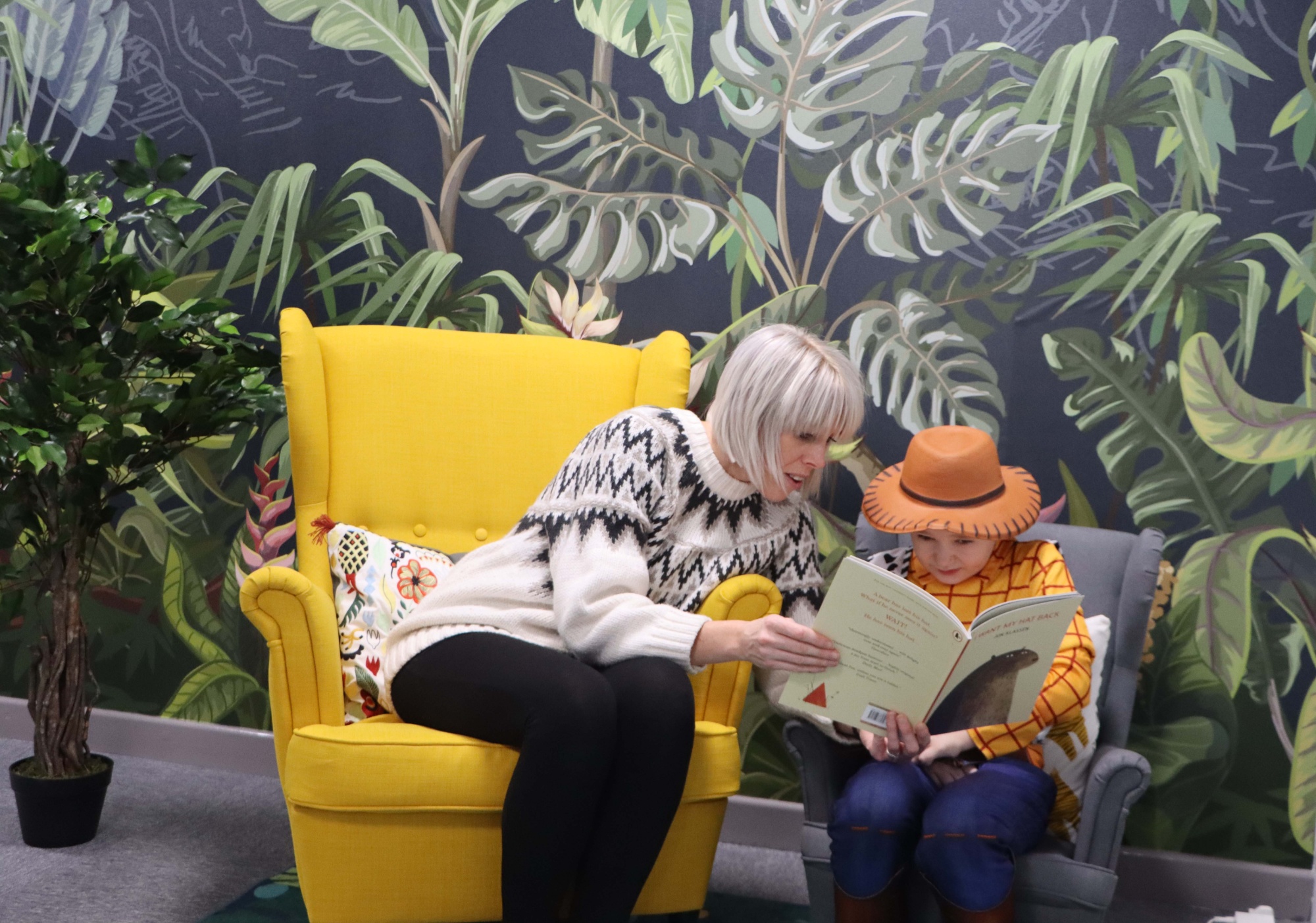
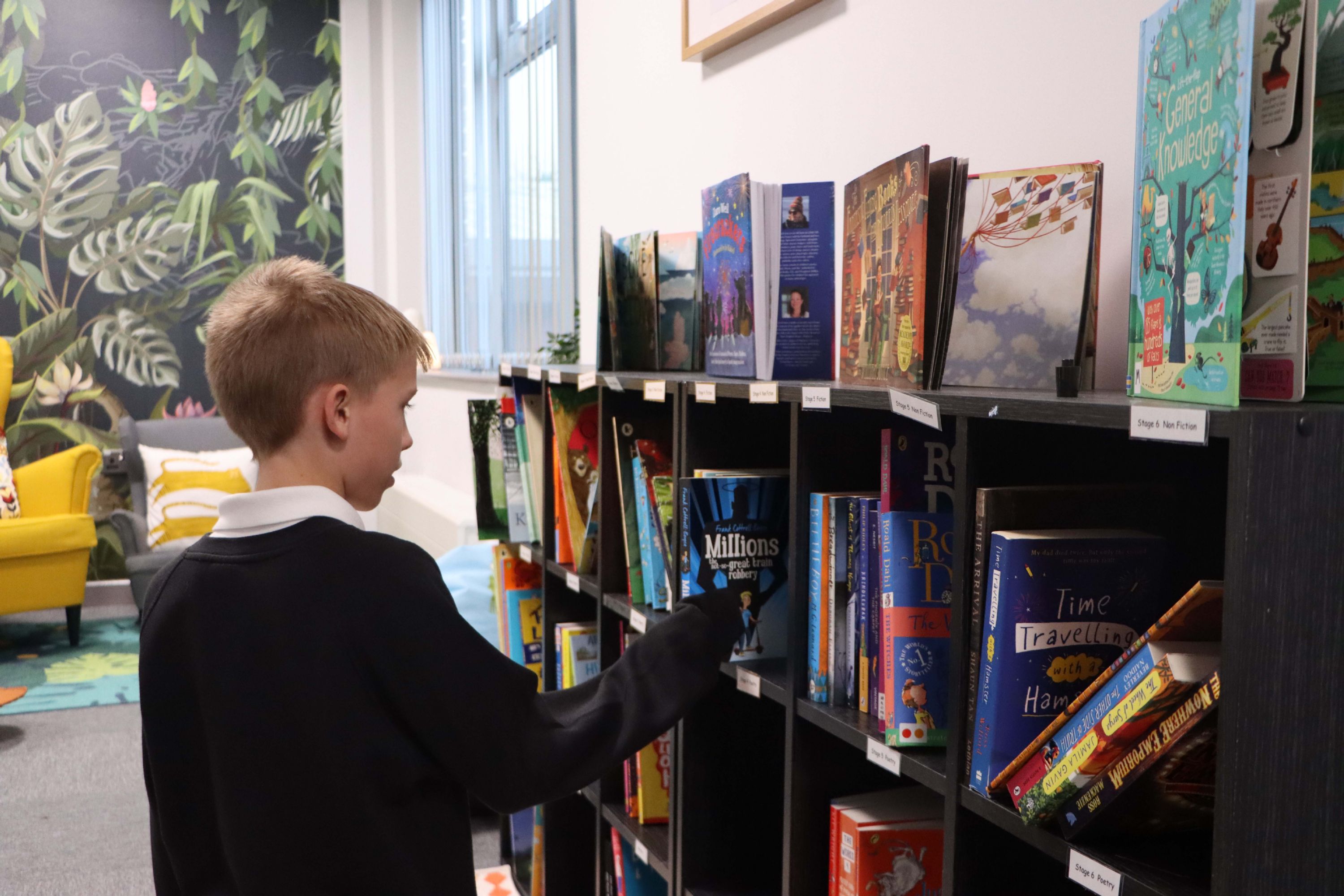
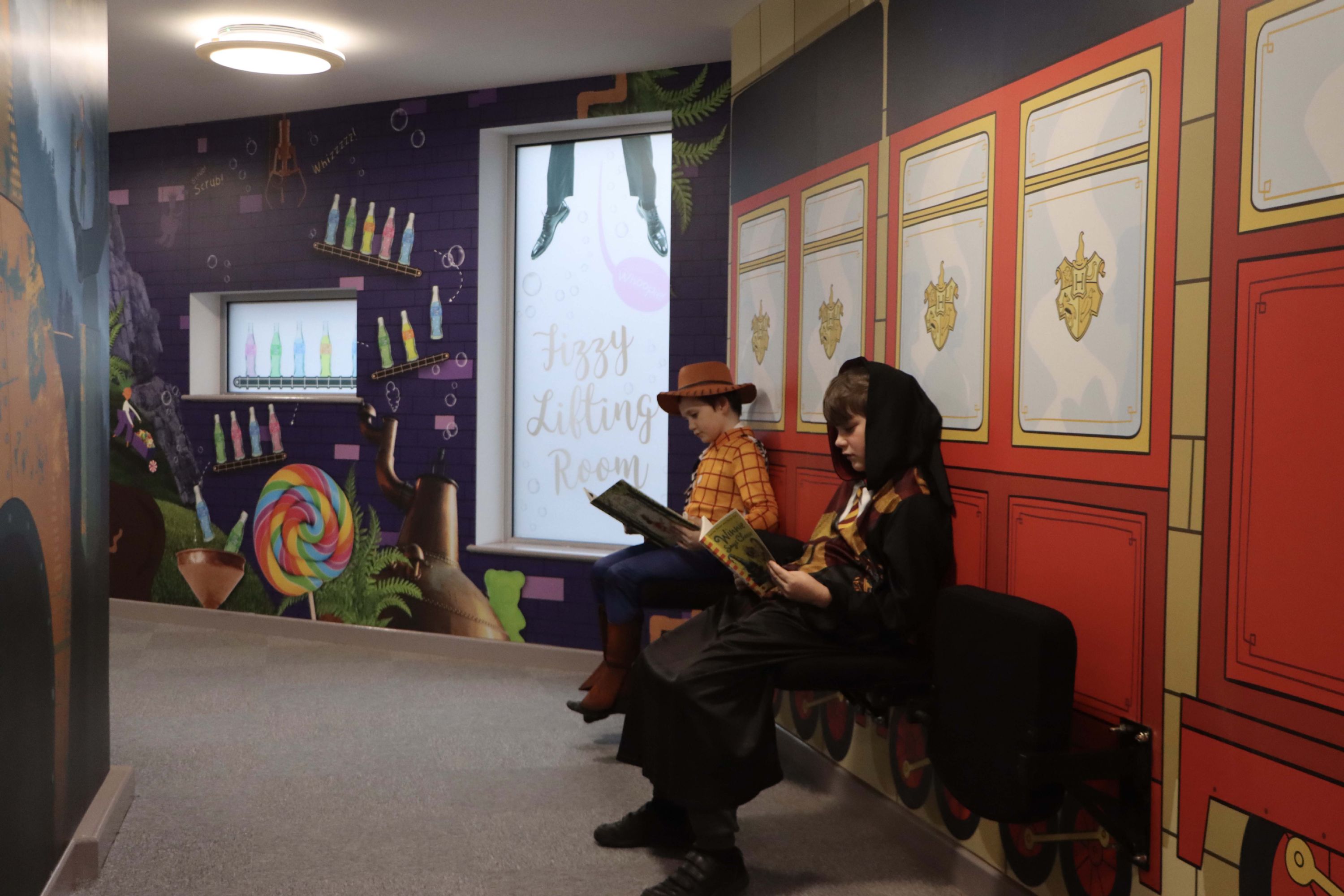
Speaking, Grammar and Handwriting
Oracy
Oracy is the ability to articulate ideas, develop understanding and engage with others through spoken language. Our school’s vision for oracy is to ensure that all pupils have quality teaching and learning opportunities and experiences that equip them with core oracy skills.
West Kirby School and College are a Voice 21 school, an Oracy accredited programme used across Primary and Secondary. Staff across school have a shared understanding of the programme and that oracy unlocks potential, promotes collaboration, supports emotional well-being and is a key skill that pupils will use to thrive in their futures.
The development of spoken language is greatly valued at West Kirby School and is a key part of all lessons. Children are encouraged to explain and discuss their ideas in all areas of the curriculum. A wide and varied vocabulary is seen as invaluable for all children. Key vocabulary for all subjects is selected and are a key part of everyday learning; woven into lessons and focus words are displayed in the classroom. The use of key vocabulary is knitted together with oracy skills.
Children are encouraged to explore new words by asking questions, using a dictionary and exploring synonyms and antonyms. All pupils receive constructive feedback of their spoken language and listening on a daily basis in order to improve their knowledge and skills and to help secure foundations for effective spoken language. Poetry Each class studies at least one poetry unit each year.
Poetry
Poetry is explored through our Literacy Counts units & story time; poetry books are also built into each year group's bank of books in our school reading spine. Pupils are encouraged to enter poetry competitions each year and many have had their work published. We invite a range of inspirational authors & poets to come into school. Additionally, poetry is included as part of homework - learning short poems, listening to them at home and talking about them with an adult.
Grammar
Most lessons contain a grammar element that relates to the learning within the lesson. Sometimes lessons focus solely on one area of grammar such as relative clauses or use of Working Walls Classrooms display an English working wall showing the process of writing. This often includes modelled examples of text types, features of the genre of writing, grammatical features of writing, interesting vocabulary choices etc. Cross curricular Staff have expectations for quality written work across all subjects. Pupils are encouraged to apply their phonic knowledge to read and segment words, use grammar and recall spelling rules when completing any written work.
Handwriting
Staff encourage careful, neat presentation and will teach how to achieve this. Teachers monitor the presentation across all pupil books, in each subject across the curriculum. Handwriting is taught initially using the RWI Phonics Handwriting scheme and pupils progress to cursive handwriting using the Nelson scheme. Pupils begin to join letters once they can write all 26 lower case letters accurately. Handwriting is taught on a 1:1 basis at least three times each week.
How are English and Reading are embedded into the school and curriculum?
- Cross Curricular teaching - We aim for our pupils to be able to read across the curriculum, also called content literacy or active reading, is defined as "the ability to use reading and writing for the acquisition of new content in a given discipline.”
- Key Words
- Dictionary Skills
- D.E.A.R time
- Class Reading (Exposure to higher level learning)
- Promoting reading for pleasure
- Author and Poet visits
- Literary celebrations eg. World Book Day
- Access to a range of reading materials
- Set texts/novels to be read in every year group (novels, audio books, plays, scripts, musicals and poems) which links with English Learning Journey
- Age/ability appropriate reading
- Reading skills/decode a text
- Reading for purpose
- GCSE – Reading and analysing a variety of fictional extracts
- Participation in national creative writing competitions e.g. Engage Creative Awards
- Special literary trips e.g. Theatres, cinema, Harry Potter World
- Our recent introduction 'The Millionaires Club' - a reading award incentive
Reading for Pleasure in Primary and Secondary
D.E.A.R time - 'Drop Everything and Read'
Studies have found that reading for pleasure enhances empathy and the ability to understand one’s own and others identity. It has also been shown that those who read for pleasure have higher levels of self-esteem and a greater ability to cope with difficult situations. A few great reasons to engage in reading daily!
At West Kirby School and College, pupils are encouraged to read for pleasure. Each day, pupils have a dedicated twenty-minute reading session called ‘Drop Everything and Read’.
In Key Stage 3 at West Kirby School and College, we set aside 20 minutes each day for pupils and their teachers to Drop Everything and Read! All pupils are supported so they can engage with D.E.A.R. time and have access to a wide range of reading books aimed at their interest and ability level and regularly visit our fantastic school library.
Benefits of Reading Twenty Minutes Per Day
Reading for twenty minutes a day exposes children to a vast quantity of words and by being exposed to such large amounts of words, improves vocabulary which then helps children to be more confident writers. Reading also stimulates children’s imaginations and introduces them to possibilities beyond their own life experiences. It also can help develop empathy and encourage children to consider how others may feel. Learning to approach situations and consider the feelings of others can help our children to be more compassionate in life.
The Millionaires Club - a recent reward incentive
Assessment
At West Kirby School we use a combination of formative and summative assessments.
- Our Read, Write Inc and Fresh Start are monitored every six to eight weeks as recommended by programme Founder Ruth Miskin. The English Leaders and trained HLTAs who teach these programmes carry out these assessments.
- All pupils' reading skills are assessed in Autumn 1 and Summer 2 using the 'Diagnostic Reading Analysis' and Star Reader assessments. Assessments are carried out by our Reading Leads.
- DEAR time books are continuously quizzed using Accelerated Reader once they have been read from start to end by a child. Accelerated Reader data is closely monitored by the reading team and librarian.
- WKS individual reading and writing primary assessments are updated and moderated termly to ensure progression is made and teacher assessment is accurate.
- National reading and writing tests are completed by pupils who are working at age related expectations or above. Pupils identified as working significantly below their age related expectations do not complete national tests but are assessed using the different assessments listed above.
- Support for Spelling assessments will be completed at the end of each unit by trained members of staff and progress is monitored by the Reading Lead.
- At the end of each term primary teachers submit assessment data on a grid. This indicates attainment and progress for each individual pupil in reading and writing. This data is analysed by the English subject leaders and action is taken where necessary.


